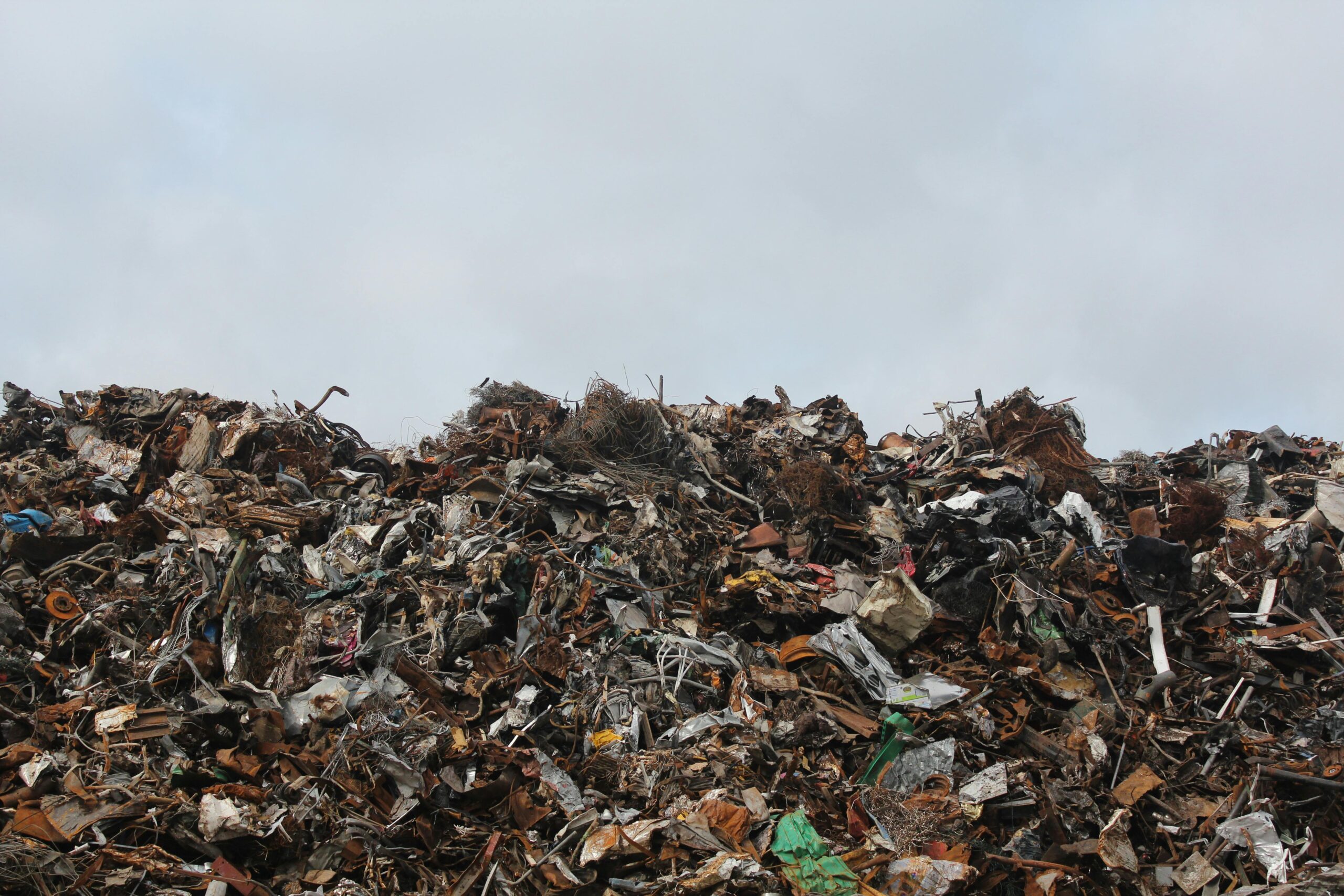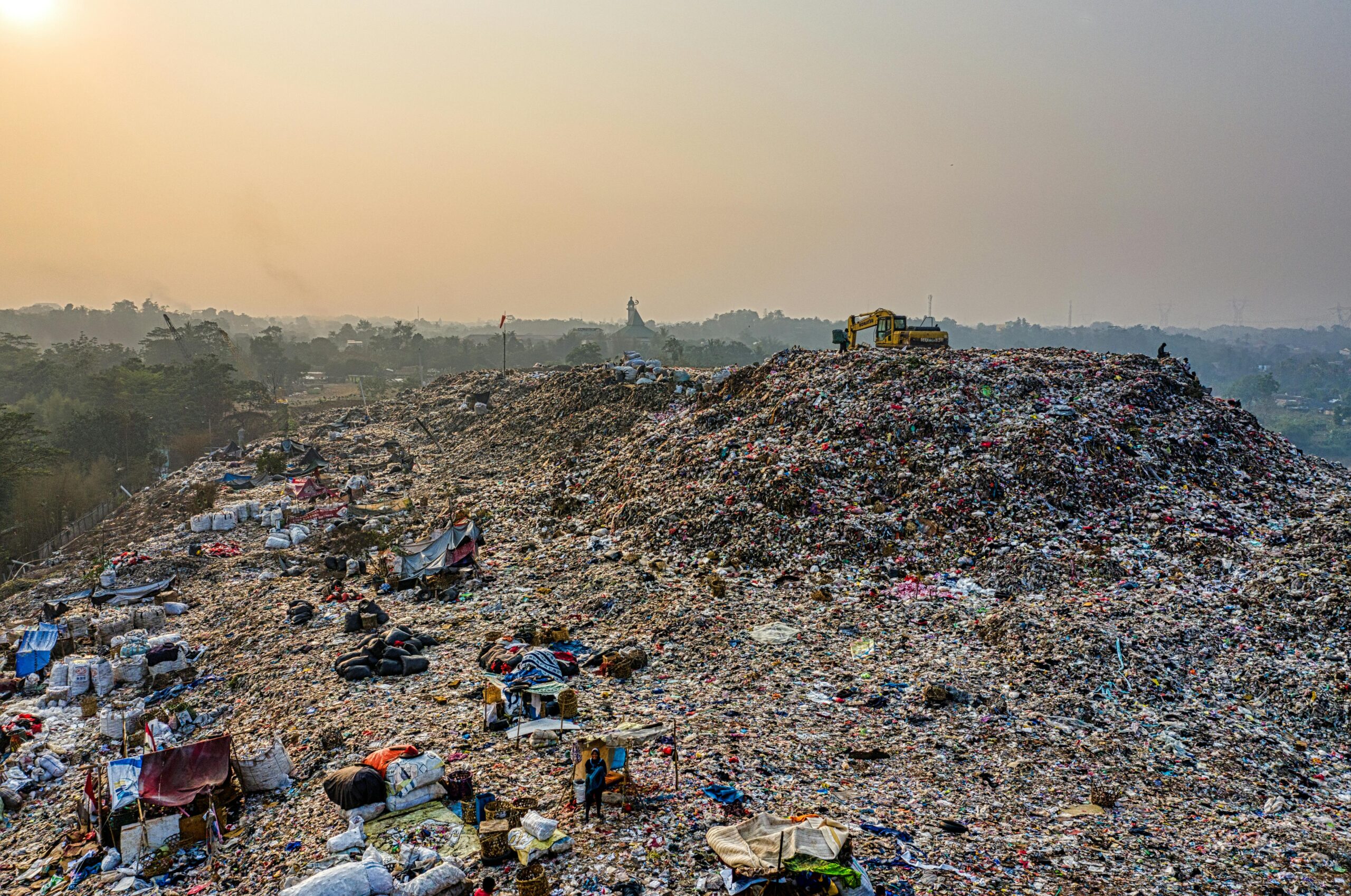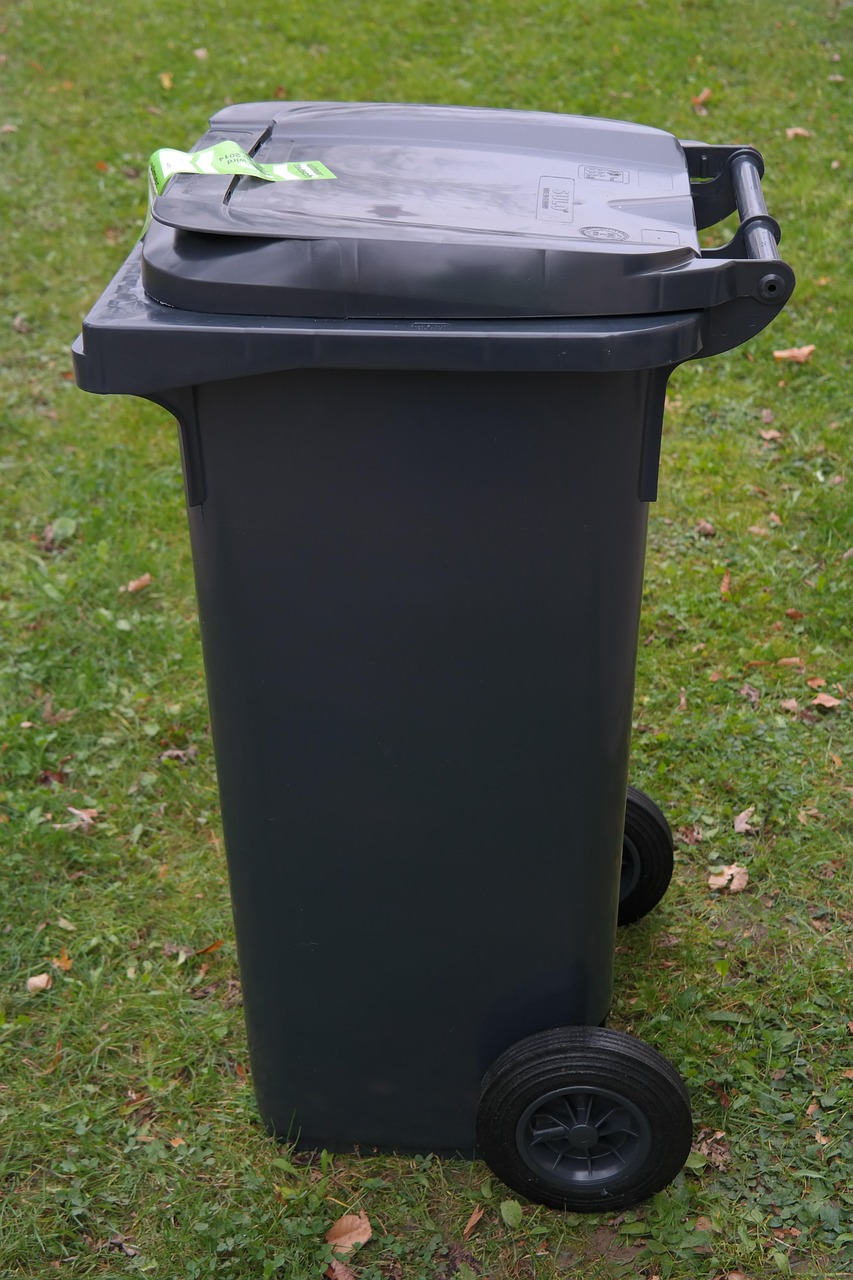Health Financing Crisis
Uganda’s Health Financing Crisis Examining the sustainability, equity, and efficiency of healthcare funding in Uganda. Introduction The health financing crisis […]
The tragic collapse of the Kiteezi landfill was more than an environmental disaster, it exposed how fragile waste management systems can devastate communities.
Kampala Capital City Authority (KCCA) Executive Director Hajat Sharifah Buzeki is steering a transformation that turns this crisis into opportunity, with a new 230-hectare Integrated Waste Management and Resource Recovery Facility in Buyala.
At ARDHI, we see this as far more than infrastructure. It is a national model of the integrated, resilience-focused approach our Resilient Waste Management Pillar calls for.


The August 2024 Kiteezi garbage slide, which displaced 142 households, was a disaster waiting to happen. The landfill had long outlived its purpose, leading to multiple systemic failures:
KCCA has secured a $1 million Japanese government grant via UN-Habitat to address immediate risks. But the real solution lies in Buyala.
The 230-hectare Buyala Integrated Waste Management and Resource Recovery Facility represents exactly the kind of future-oriented approach ARDHI promotes.
Integrated Design: Unlike Kiteezi’s single-purpose model, Buyala combines:
Modern waste processing and recycling facilities
Resource recovery operations
Advanced environmental safeguards
Research and development capacity
Economic Opportunities: Creating multiple value streams through:
Jobs in waste processing and recycling
Industries utilizing recycled inputs
Research in waste-to-energy technologies
Reduced costs of environmental cleanup
Environmental Protection: Directly addressing Kiteezi’s failures:
Advanced leachate collection and treatment
Controlled gas capture and utilization
Proper drainage and flood management
Comprehensive monitoring systems

Hajat Buzeki’s approach underscores that facilities alone are not enough – waste management requires systemic change.
- Weekend Cleanups: Building a culture of responsibility
- Source Separation Education: Teaching sorting at origin
- No Litter Campaign: Shaping new social norms
- Economic Inclusion: 4,032 vulnerable residents employed through SACCOs under the reservation scheme
- Sensitization Campaigns: Media and community outreach
- Legal Enforcement: Arrests for illegal dumping
- Systems Improvement: Better waste containers and reliable collection
- Political Neutrality: Clear rules against politicization of services
KCCA links waste management to climate resilience through its Urban Forest Management Plan (2023–2029):
8,500+ trees planted across the city
Restoration of Constitutional Square and Mutesa II monuments
Beautified corridors along Nile Avenue and Jinja Road
Air quality monitoring systems
Green corridor expansion
Flood prevention via proper waste management
This aligns with ARDHI’s philosophy: resilience demands integrated solutions.
Kampala’s journey from Kiteezi’s collapse to Buyala’s opportunity proves what’s possible with vision and political will. Modern infrastructure, community engagement, economic inclusion, and environmental protection combine into a model of resilience.
At ARDHI, we see Kampala as proof that waste management isn’t just about cleanliness – it’s about resilient communities ready to withstand environmental, economic, and social shocks. These lessons must inform nationwide action.
Uganda’s Health Financing Crisis Examining the sustainability, equity, and efficiency of healthcare funding in Uganda. Introduction The health financing crisis […]
From Kiteezi to Buyala: The Cost of Kampala’s Waste Crisis Tracing Uganda’s journey from one landfill disaster to the next. […]
Only 8% of Waste Recycled Uganda’s Waste Crisis Is a Resilience Crisis Introduction Uganda’s waste management situation paints a dire […]
Share Your Thoughts: info@ardhilaw.org
Explore Related Pillar: Resilient Waste Management
Ardhi Law & Policy Initiative (ARDHI) is a Ugandan based non-profit organization operating in Uganda and South Sudan dedicated to shaping policy, advancing justice, and driving transformative action across communities.
©2025 ARDHI Law and Policy Initiative. All Rights Reserved.
Designed & Developed by Owen Kakembo